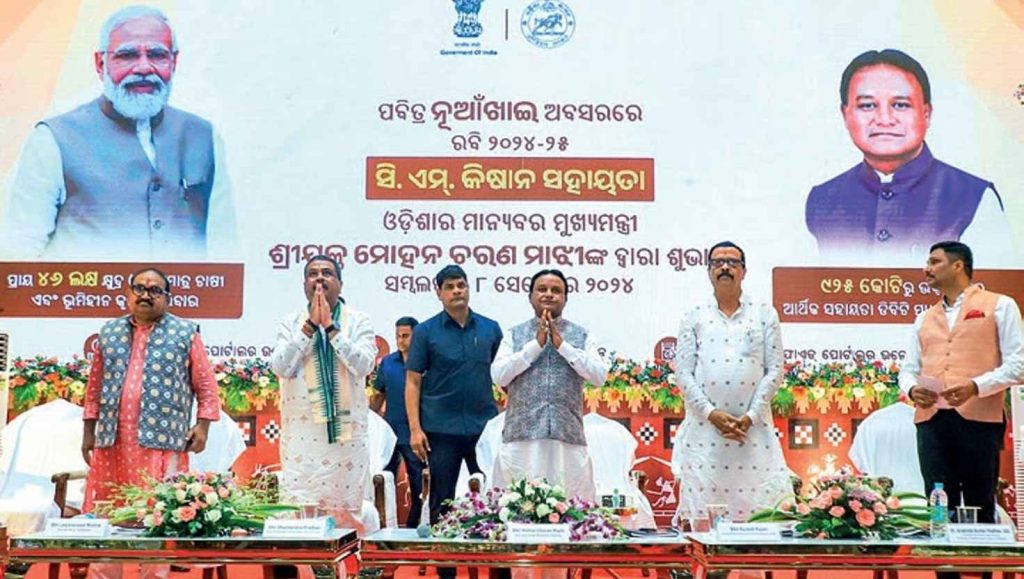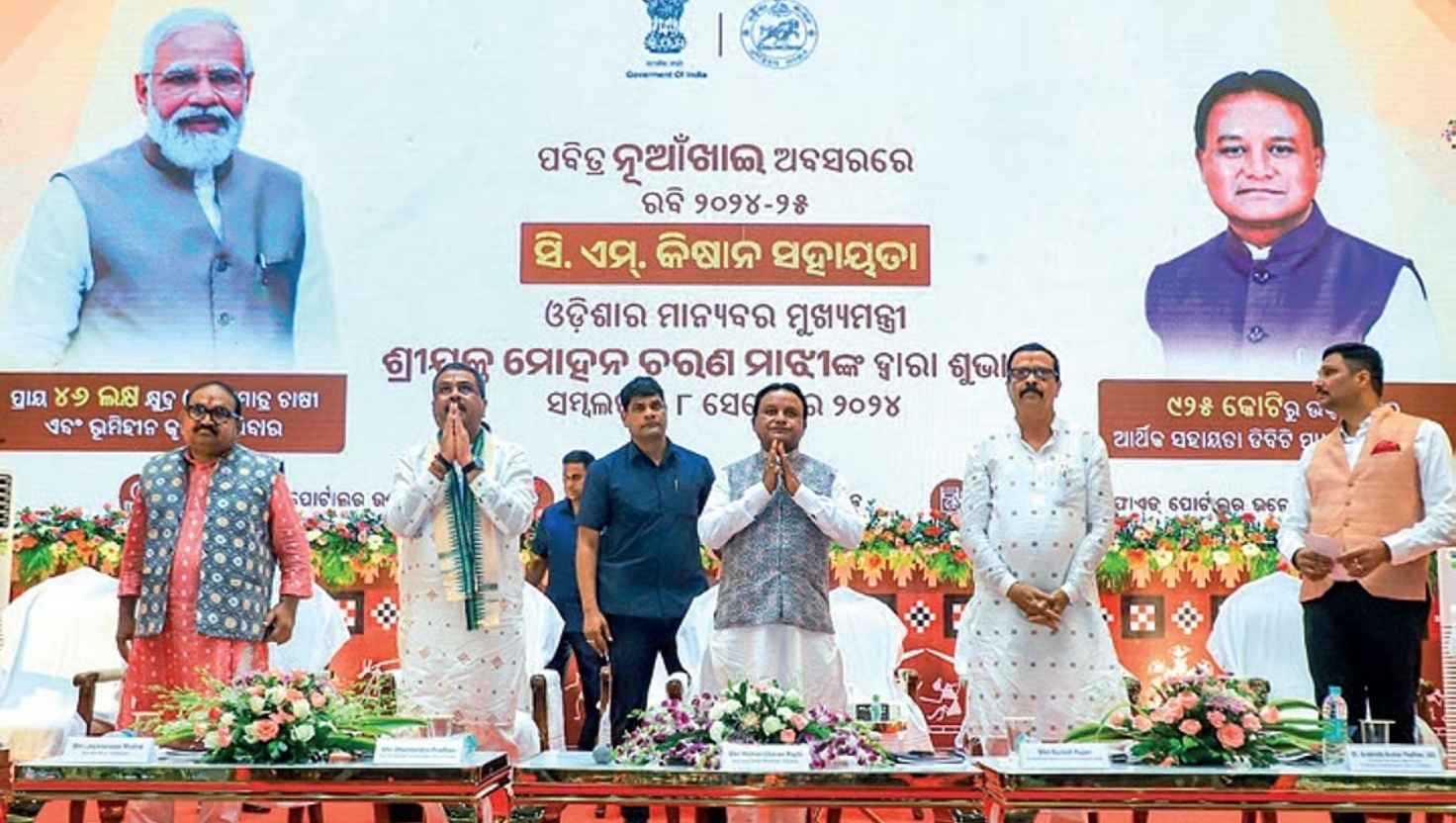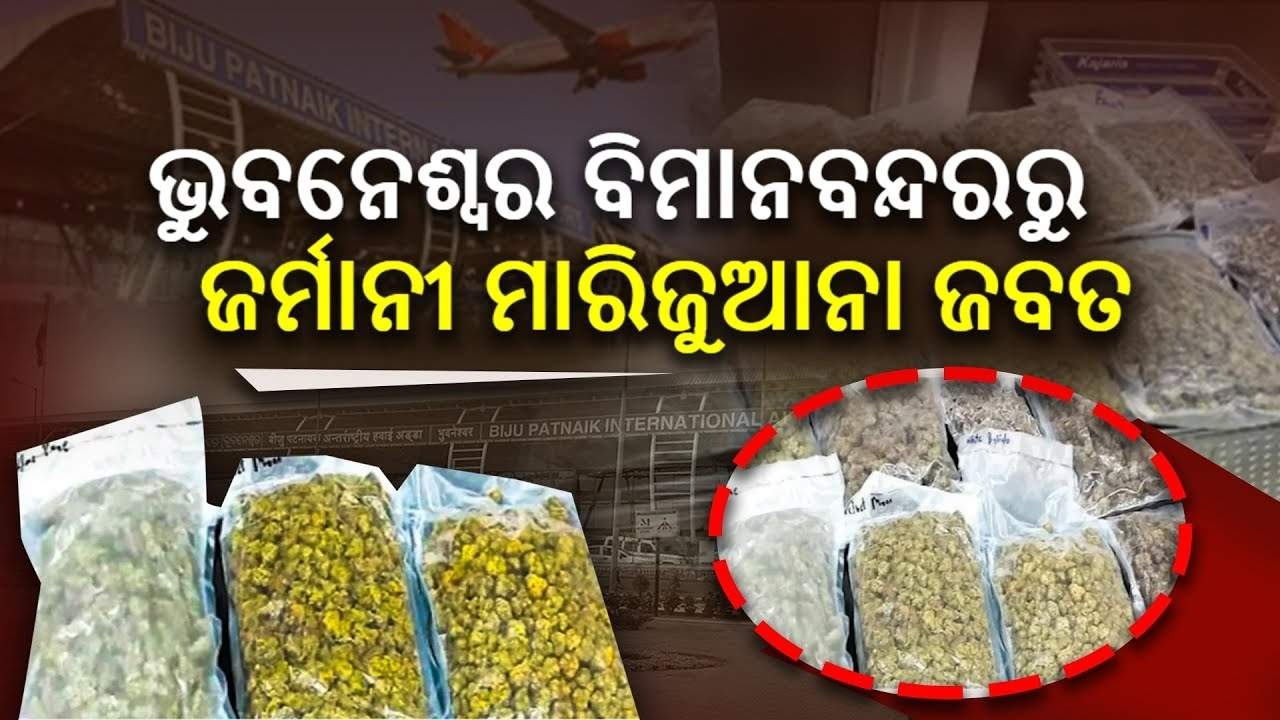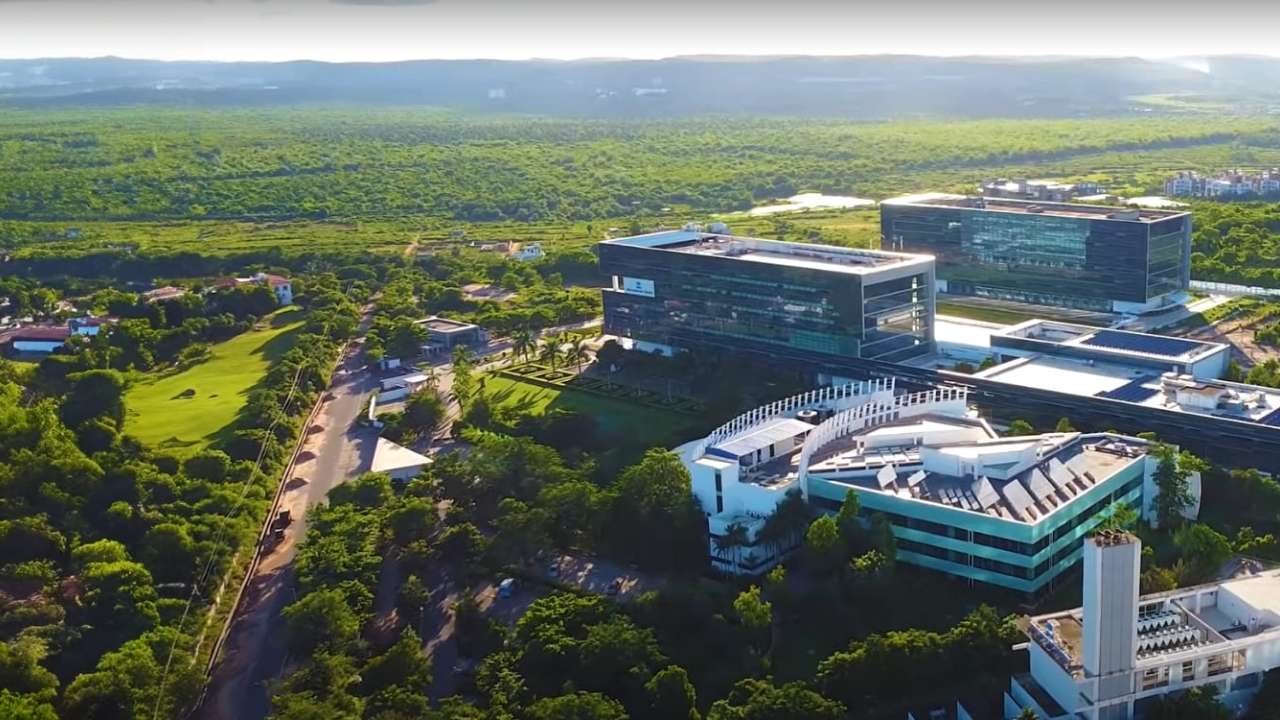Bhubaneswar, Odisha – Odisha Chief Minister Mohan Charan Majhi has announced a comprehensive drive to ensure every eligible farmer in the state receives financial assistance under both the central government’s PM-KISAN scheme (Pradhan Mantri Kisan Samman Nidhi) and the state’s own CM-KISAN scheme. The pledge aims to provide substantial income support and bolster agricultural prosperity across the state, ensuring no deserving cultivator is left behind.

Chief Minister Majhi emphasized this commitment during a state-level event in Bhubaneswar, coinciding with the nationwide disbursement of the 20th installment of PM-KISAN. Over 34.85 lakh farmers in Odisha received approximately ₹697 crore (USD 83.5 million) directly into their bank accounts as part of this latest disbursement.
Expanding Reach and Impact of Farmer Welfare Schemes
The dual benefit from PM-KISAN and CM-KISAN schemes is designed to provide significant financial relief to small and marginal farmers and landless agricultural households. Under PM-KISAN, eligible farmers receive ₹6,000 annually in three equal installments. Complementing this, Odisha’s CM-KISAN scheme provides an additional ₹4,000 annually to small and marginal farmers and ₹12,500 annually to landless agricultural households, thereby increasing the total annual support to up to ₹10,000 for many farmers.
“It is our government’s commitment to ensure the inclusion of all eligible beneficiaries under these schemes. No eligible farmer in the state should be left out,” Chief Minister Majhi stated, as reported by The New Indian Express. He further indicated that special saturation drives have been initiated across all blocks of the state to identify and enroll previously excluded farmers. This initiative also includes efforts to bring urban farmers into the fold of these programs.

The focus on complete coverage underscores the state government’s dedication to agricultural development and farmer empowerment, a core promise of the new administration. The government aims to integrate farmers more fully into the mainstream economy, recognizing the pivotal role of agriculture in Odisha’s socio-economic landscape.
Addressing Agricultural Challenges and Diversification
Odisha’s agriculture sector has historically faced challenges, including dependence on monsoon rains, limited irrigation facilities, and the impact of natural calamities such as droughts, floods, and cyclones. A significant portion of the state’s cultivated land remains rain-fed, making farmers vulnerable to climatic variations. Small and marginal farmers, who constitute a large segment of the agricultural population, often lack the capital for substantial investments in modern farming practices.
In addition to financial assistance, Chief Minister Majhi has encouraged farmers to diversify their crops beyond paddy, which is a predominant crop in the state. He urged them to consider activities like fisheries and animal husbandry to enhance their income. “Your income will not just double but multiply many times,” Majhi remarked, aligning with broader national goals of doubling farmer income.
The state government is also providing additional support under the Samruddha Krushak Yojana, offering an input assistance of ₹800 per quintal of paddy. This scheme has already benefited a large number of farmers, with approximately 17 lakh farmers receiving ₹6,000 crore during the Kharif season and over 3 lakh farmers receiving more than ₹1,600 crore during the Rabi season in the previous year.
Eligibility and Implementation Details
To ensure transparency and efficiency, both PM-KISAN and CM-KISAN schemes utilize Direct Benefit Transfer (DBT) to disburse funds directly into farmers’ bank accounts. The eligibility criteria for PM-KISAN broadly include land-holding farmer families, with certain exclusion criteria for institutional landholders, government employees, income taxpayers, and high-income pensioners. E-KYC (Electronic Know Your Customer) is mandatory for beneficiaries to ensure identity verification.
E-KYC Mandatory for Odisha Farmers to Continue Receiving Scheme Aid; Deadline Looms.
Odisha Congress Unveils ‘Nari Nyay’ to Empower Women and Challenge Government’s ‘Shakti’ Scheme
Cabinet Approves ‘Samrudha Sahar’ Scheme to Spark Urban Growth and Economic Boom
For the CM-KISAN scheme, applicants must be permanent residents of Odisha, falling into the categories of small and marginal farmers (land holdings of less than 2 hectares) or landless agricultural households. Required documents typically include Aadhaar cards, ration cards, land documents (for land-holding farmers), MGNREGA job cards (for landless households), and bank account details. The state has initiated online registration and e-KYC processes to streamline the application and verification of beneficiaries.
The ongoing efforts in Odisha highlight a concerted push to strengthen agricultural support systems and enhance the financial stability of its farming community. The saturation drives and the emphasis on comprehensive coverage aim to ensure that the benefits of both central and state government schemes reach every deserving farmer, contributing to the broader goal of rural prosperity and food security.





